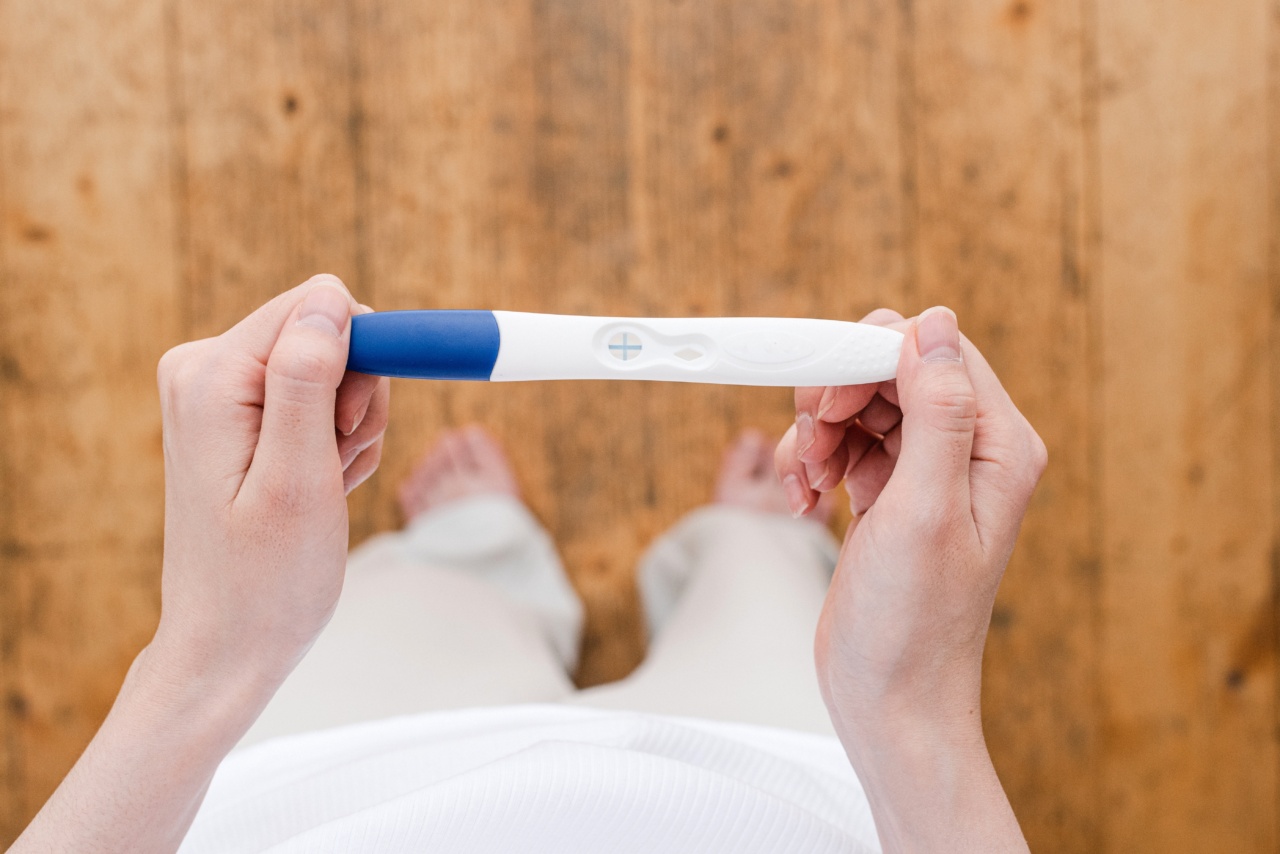The third trimester of pregnancy is a critical time for both the baby and the mother. It is a time when the mother’s body undergoes numerous changes to support the growth and development of the baby.
As such, there are certain things that a newly pregnant woman cannot do during this period. We have listed ten such things below.
Avoid Heavy Lifting
During the third trimester, the baby is growing rapidly, and the mother’s body is changing to accommodate that growth. As a result, the mother’s back and pelvic muscles are under constant stress and strain.
Heavy lifting during this time can cause damage to these muscles and lead to pain and discomfort. Therefore, expecting mothers should avoid lifting heavy objects, including heavy grocery bags and furniture.
Avoid Traveling Long Distances
Traveling long distances during the third trimester can be challenging for expecting mothers. Prolonged sitting in a car or airplane can lead to blood clots, which can be dangerous and potentially life-threatening.
Additionally, traveling to remote areas where medical help is not readily available can be risky. Therefore, it is advisable for expecting mothers to avoid long-distance travel during the third trimester.
Avoid Strenuous Exercise
While exercise is good for pregnant women, strenuous exercise during the third trimester can be harmful. It can lead to preterm labor, which can be dangerous for the baby and the mother.
Additionally, strenuous exercise can cause physical harm to the mother, as her body is already under a lot of stress. As such, it is advisable for expecting mothers to limit exercise to low-impact activities such as walking, yoga, and swimming.
No More High-Heeled Shoes
High-heeled shoes put a lot of pressure on the feet, which can cause swelling and discomfort during pregnancy. Additionally, they can increase the risk of falling, a common problem during pregnancy due to the changes in balance and weight distribution.
Therefore, pregnant women should avoid high-heeled shoes during the third trimester.
Take It Easy on Hiking Trails
Hiking can be a fun activity for pregnant women, but it can also be risky, especially during the third trimester. Uneven terrain, steep inclines, and rough trails can lead to slips and falls, which can cause physical harm to the mother and the baby.
Therefore, it is advisable for pregnant women to avoid hiking during the third trimester.
Avoid Hot Baths or Jacuzzis
Hot baths or Jacuzzis can be relaxing, but they are not suitable for pregnant women during the third trimester. The high water temperatures can cause the body temperature to rise, which can be harmful to the baby.
Additionally, hot baths or Jacuzzis can cause dehydration, which can lead to preterm labor.
Avoid Certain Foods
During the third trimester, pregnant women should avoid certain foods that can be harmful to the baby. These foods include raw or undercooked meat, fish, and eggs, soft cheeses, and unpasteurized dairy products.
These foods can contain harmful bacteria or parasites that can cause food poisoning or infections in the mother and the baby.
Avoid Exposure to Chemicals
Pregnant women should avoid exposure to chemicals such as cleaning products, insecticides, and pesticides during the third trimester.
These chemicals can be harmful to the baby’s development and can cause birth defects, respiratory problems, and other health issues.
Avoid Sleeping on the Back
During the third trimester, sleeping on the back can be harmful to the baby. It can reduce blood flow to the uterus and lead to complications such as low birth weight, preterm labor, and stillbirth.
Pregnant women should instead sleep on their left side, which improves blood flow to the uterus and delivers nutrients and oxygen to the baby.
Avoid Stressful Situations
Stressful situations can be harmful to pregnant women and their babies during the third trimester. They can cause physical and emotional strain, which can lead to preterm labor, depression, anxiety, and other health issues.
Pregnant women should avoid stressful situations and find ways to relax and unwind, such as meditation, deep breathing exercises, and prenatal yoga.

























